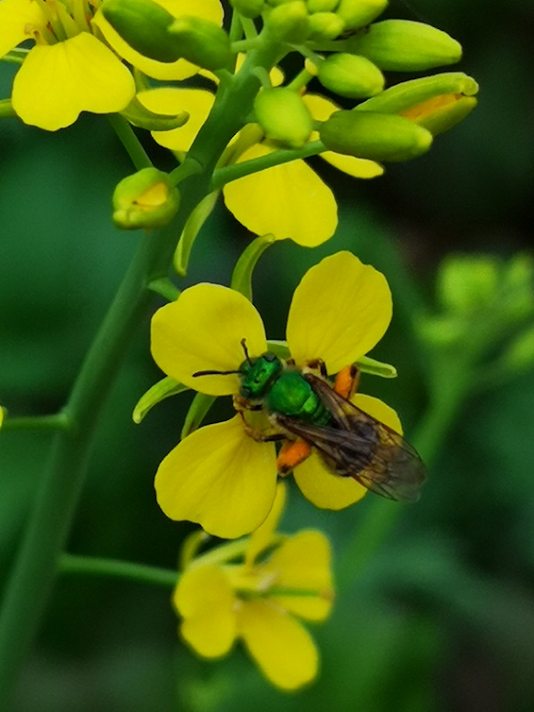To Burn or Not to Burn—Considerations for Forsyth Residents this Fall
It’s that time of year again, and those who are not offered
yard waste pick up may be left wondering what to do with all the leaf litter.
Leaf burning is seen as a solution for some, but it may be
illegal depending on where
you live. Even where the burning of leaves and other vegetation is generally
allowed, there are specific conditions that must be met, including a code green
or yellow air
quality forecast for that day. To learn more, check out the
Forsyth County Office of Environmental Assistance & Protection webpage on residential
burning.
In addition to the legal considerations, burning leaves and
other vegetation is a potential fire hazard. It also creates air pollution by
producing toxic gases (like carbon monoxide, nitrogen oxides, and hydrocarbons)
and particulate matter, which are tiny, inhalable solid particles and liquid
droplets, some of which are even small enough in diameter (<2.5 microns) to
enter the bloodstream. Inhalation of these particles and gases can cause
serious health effects, especially for those who have asthma or other respiratory
diseases or cardiovascular conditions. Atrium
Health provides a more complete discussion on the potential human
health impacts of leaf burning.
For those who do not have a leaf collection service and
would like to find an alternative to leaf burning, this
Purdue University Extension article explains the health and
environmental benefits of leaf composting and
mulching.
As a reminder, the burning of trash and other manmade materials is always illegal in the state of North Carolina.



